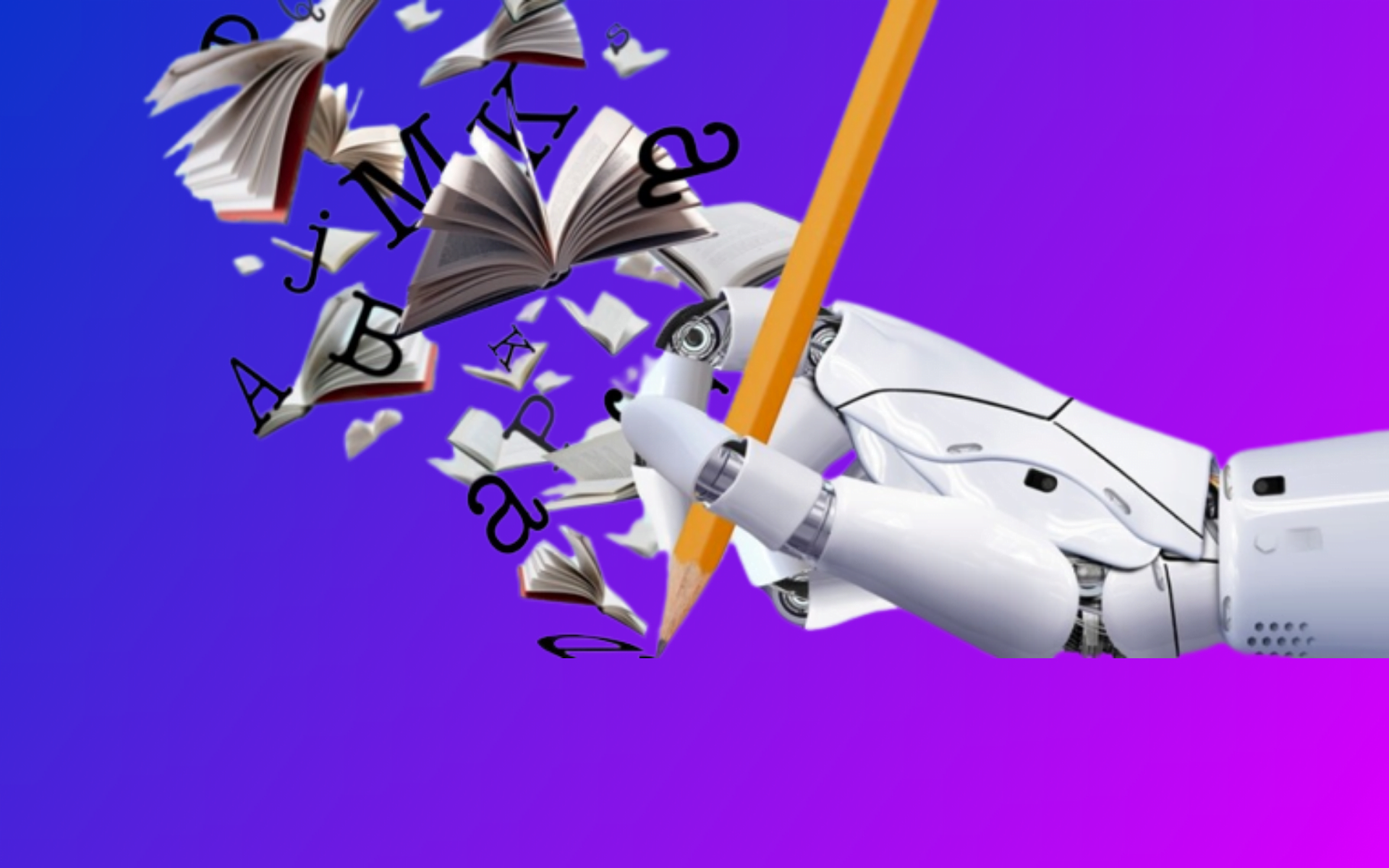In this age of ever-evolving technology, can we honestly say we’re not enticed by the promises of AI in writing? Is AI writing cheating or innovation? The debate surrounding AI writing and its ethical implications beckons us to ponder the very essence of creativity and authenticity. This article will cover the uncertainties, acknowledge the allure of AI, and unravel valuable insights on the matter.
Is Using AI Cheating?

The question of whether the use of AI can be considered as cheating is a complex and contentious issue. It hinges on the perspective from which one examines it. From one vantage point, AI offers a valuable set of tools that can enhance productivity, improve efficiency, and aid in various tasks, including content creation. In this context, using AI might be seen as no different from utilizing any other technology or resource to accomplish a task.
However, a contrasting perspective raises ethical concerns. It argues that relying on AI to produce academic or professional work can undermine the fundamental values of originality, personal effort, and creativity. When individuals employ AI to complete assignments, generate essays, or craft content, they run the risk of diluting their own intellectual engagement and learning experiences. In the academic realm, the act of using AI to automate tasks that should require cognitive effort may be perceived as a form of dishonesty.
How AI Tools Affect Plagiarism

In the digital age, the advent of AI tools has significantly transformed the landscape of plagiarism, posing intricate challenges to academic integrity. As these technologies advance, their impact on both students and educational institutions becomes increasingly profound, necessitating a closer examination of the consequences.
Compromise of Academic Honesty
AI tools have blurred the lines between original work and unacknowledged sources, eroding the bedrock of academic integrity. With the ability to generate content resembling human writing, these tools make it difficult to discern authentic research from AI-assisted plagiarism. This undermining of academic integrity raises fundamental questions about the value of education and the importance of fostering genuine intellectual curiosity among students.
Repercussions for Students
For students, the consequences of AI-assisted plagiarism are far-reaching. Beyond facing academic penalties, they miss out on the opportunity for authentic learning and intellectual growth. Relying on AI tools deprives them of the critical skills needed to engage with course material genuinely. Additionally, it tarnishes their ethical reputation, jeopardizing their future academic and professional endeavors.
Repercussions for Institutions and Teachers
Educators and institutions grapple with the challenge of maintaining fair evaluation standards in the face of AI-driven plagiarism. The burden falls on them to implement advanced plagiarism detection methods, such as an AI checker, invest in ethical education, and remain vigilant against evolving cheating techniques. Moreover, the reputation of educational institutions hangs in the balance, as the prevalence of AI-assisted plagiarism raises concerns about the authenticity of their graduates and the overall quality of education provided.
Ways for Detecting AI-Driven Plagiarism in Writing

As the prevalence of AI-generated content rises, the challenge of detecting plagiarism has become more complex and nuanced. Educational institutions and professionals must stay ahead of the curve to preserve academic integrity. Here are key strategies to identify AI-driven plagiarism effectively:
- Utilize AI Detection Tools: Employ specialized AI content detector tools designed to recognize patterns and characteristics indicative of AI-generated content. These AI text detectors leverage machine learning to spot anomalies in writing styles, aiding in the identification of potentially plagiarized material.
- Leverage Advanced Text Analysis Algorithms: Implement sophisticated algorithms that analyze writing styles and patterns. These tools can detect inconsistencies and deviations in language usage, helping identify content generated by AI algorithms.
- Engage in Manual Examination: Combine automated tools with human expertise. Manual scrutiny by educators familiar with students’ writing styles can pinpoint subtle nuances that automated systems might miss, ensuring a comprehensive approach to plagiarism detection.
- Stay Informed and Adaptive: Remain updated on emerging AI technologies and plagiarism techniques. Continuous education and collaboration with experts in the field enable institutions to adapt their detection methods, ensuring they remain effective against evolving forms of AI-driven plagiarism.
The Future of AI and Academic Integrity

The intersection of AI and academic integrity presents a crucial challenge for the future. As we peer into the horizon, several key trends emerge, shaping the trajectory of AI and its impact on academic honesty:
- Ethical AI Development: The future demands a focus on creating AI technologies with built-in ethical safeguards, ensuring they are designed to promote honesty and authenticity rather than deception.
- Comprehensive Education Initiatives: Educational institutions will increasingly emphasize ethical education, equipping students with the knowledge and awareness necessary to resist the temptation of AI-driven shortcuts, fostering a culture of academic integrity.
- Collaboration and Research: Collaboration between educational institutions, technology developers, and researchers will intensify. Together, they will work towards understanding emerging AI cheating methods, developing robust detection tools, and implementing proactive strategies to maintain academic honesty.
- Regulatory Frameworks: The future holds the promise of regulatory frameworks specifically addressing AI’s role in education. These guidelines will establish clear boundaries, ensuring that AI tools are used responsibly and ethically, preserving the integrity of academic and professional pursuits.
Takeaway: is ai writing cheating?
The use of AI in writing raises the vital question: is AI writing cheating? about its authenticity, and ethical responsibility. While AI tools offer unprecedented convenience, their misuse jeopardizes the very essence of learning and personal growth.
Striking a balance between technological progress and ethical conduct is not just a challenge for today but a responsibility that will shape the future of education. By fostering a culture of integrity, embracing ethical AI practices, and nurturing critical thinking, we can navigate this complex terrain and ensure that the future of education remains steadfast, honest, and true to its core values.




